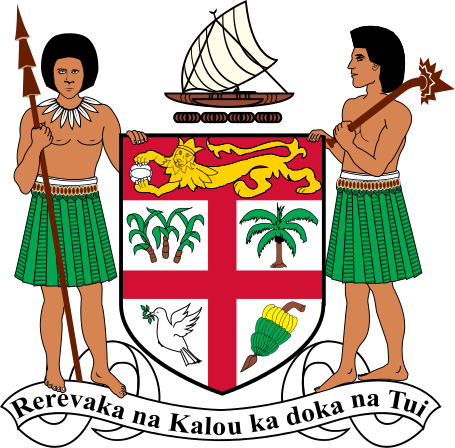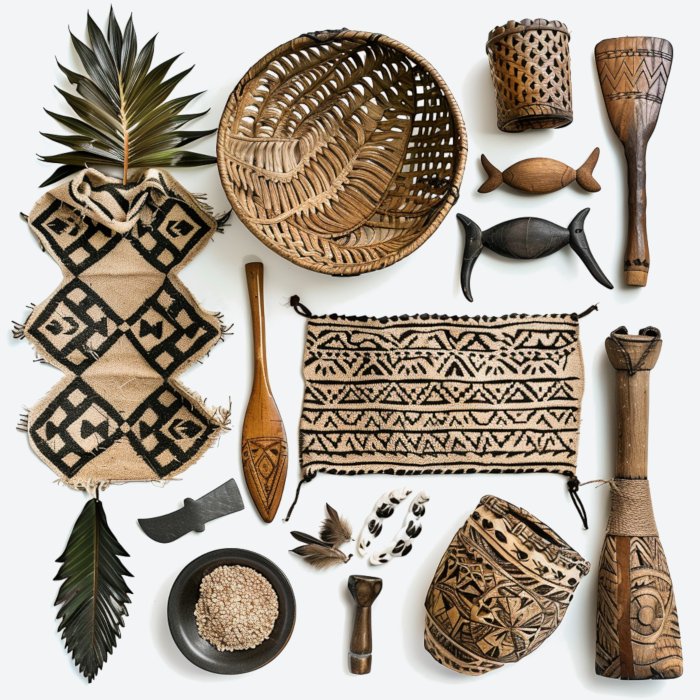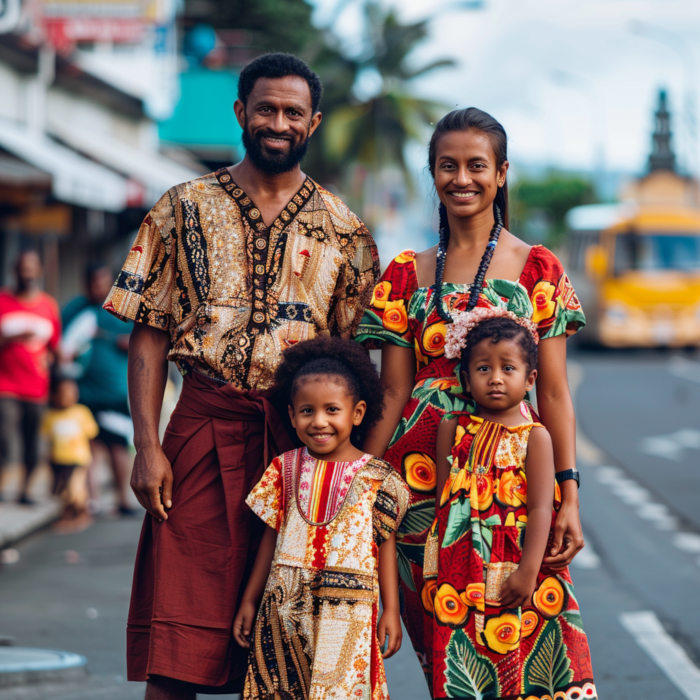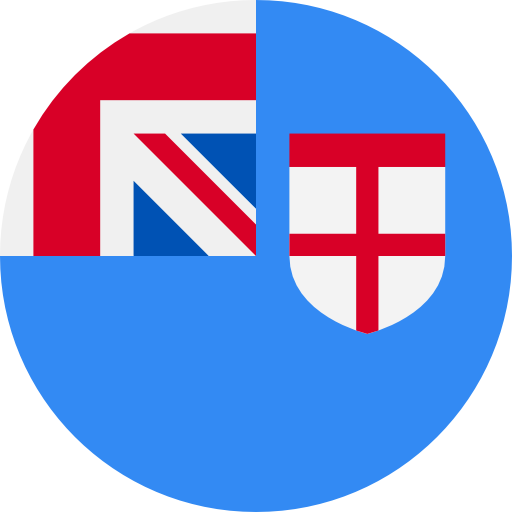About FJ

Location
Fiji is an archipelago located in the South Pacific Ocean, about 1,300 miles (2,100 kilometers) northeast of New Zealand's North Island. It is comprised of over 330 islands, of which around 110 are inhabited.
Capital
The capital city of Fiji is Suva, located on the island of Viti Levu.
Population
As of the latest estimates, Fiji has a population of approximately 898,760 people.
Area
Fiji covers a total land area of about 18,274 square kilometers (7,056 square miles).
Official Language
The official languages of Fiji are English, Fijian (iTaukei), and Hindi.
Government
Fiji is a parliamentary republic with a mixed legal system of common law and traditional Fijian customary law. The President of Fiji is the head of state, while the Prime Minister is the head of government. The Parliament of Fiji is a unicameral body with 51 members.
Independence
Fiji gained independence from British colonial rule on October 10, 1970.
Currency
The currency of Fiji is the Fijian dollar (FJD).
Economy
Fiji's economy is primarily based on tourism, agriculture, and remittances from Fijians living abroad. Tourism is the largest industry, with Fiji's picturesque beaches, clear waters, and vibrant culture attracting visitors from around the world. Agriculture, including sugar cane, coconuts, and seafood, is also significant.
Culture
Fiji has a rich and diverse culture influenced by its indigenous Fijian, Indian, European, and other ethnic groups. Traditional Fijian culture places importance on communal living, respect for elders, and the preservation of customs such as dance, music, and storytelling. Indian culture, brought by indentured laborers during the colonial period, has also significantly influenced Fiji's cuisine, festivals, and religious practices.
Environment
Fiji is known for its stunning natural beauty, including lush rainforests, coral reefs, and pristine beaches. The country is part of the Coral Triangle, one of the most biodiverse marine regions on Earth. However, Fiji faces environmental challenges such as deforestation, marine pollution, and climate change impacts like rising sea levels and extreme weather events.
International Relations
Fiji is a member of various international organizations, including the United Nations, the Commonwealth of Nations, and the Pacific Islands Forum. It maintains diplomatic relations with countries around the world and plays an active role in regional affairs.

National Items of Fiji
Fijian Masi (Tapa Cloth)
Masi, also known as tapa cloth, is a traditional Fijian textile made from the bark of the mulberry tree. It is often decorated with intricate patterns and used in ceremonies and as a symbol of cultural heritage.
Kava (Yaqona)
Kava, or yaqona, is a traditional drink made from the root of the kava plant. It is an integral part of Fijian social and ceremonial life, symbolizing hospitality, community, and tradition.
Tabua
Tabua are polished whale's teeth, highly valued in Fijian culture. They are used in important ceremonies and exchanges, symbolizing respect, status, and wealth.
Fijian War Clubs
Traditional Fijian war clubs, intricately carved and often used as weapons, represent the warrior culture and craftsmanship of Fiji. They symbolize strength, history, and cultural heritage.
Sulu
The sulu is a traditional Fijian garment similar to a sarong, worn by both men and women. It represents Fijian identity, cultural pride, and everyday wear.
Palm Leaf Baskets
Handwoven palm leaf baskets are commonly used in Fiji for carrying goods and in everyday activities. They symbolize the practical skills and traditional crafts of the Fijian people.
Fijian Canoe (Drua)
The drua is a traditional double-hulled canoe used for navigation and transport. It represents the seafaring heritage and navigational skills of the Fijian people.
Meke Dance
Meke is a traditional Fijian dance that combines music, dance, and storytelling. It symbolizes the rich cultural traditions, history, and communal life of Fiji.

The national anthem of Fiji is "Meda Dau Doka" in Fijian, and "God Bless Fiji" in English. Here are the lyrics in Fijian along with the English translation:


